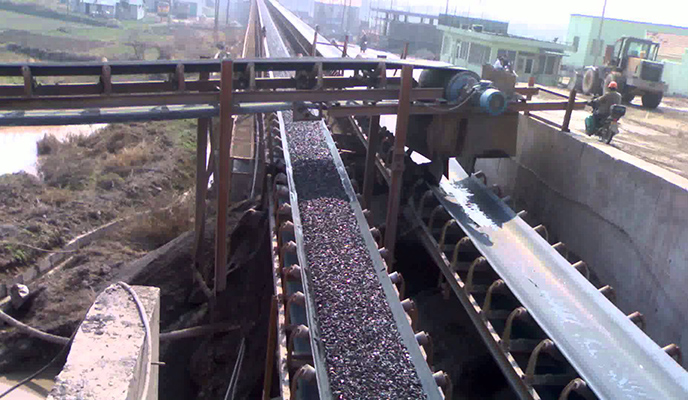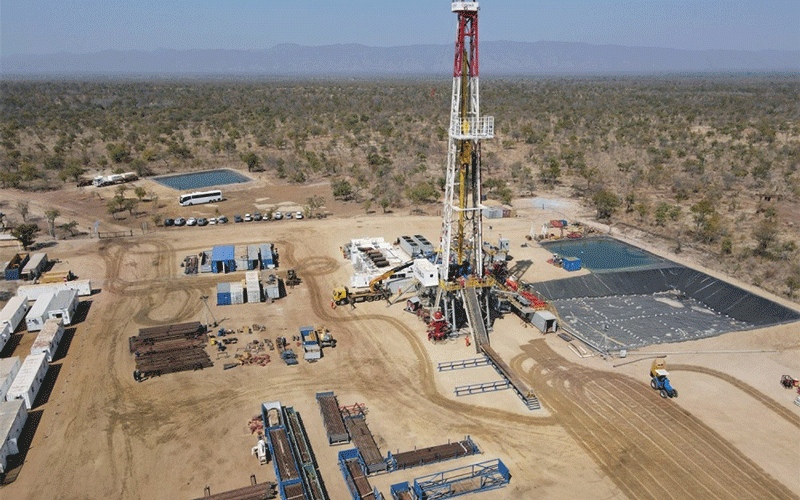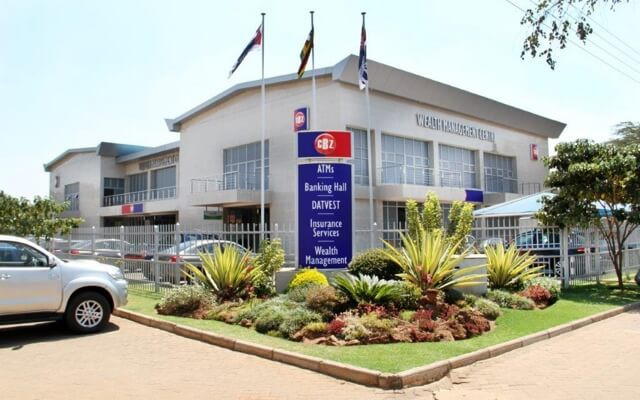
SMALL-SCALE chrome miners in Zimbabwe have written to the government complaining over the country’s chrome pricing regime and mining cost contradictions.
BY MTHANDAZO NYONI
The government has, through Apple Bridge Investment — a special purpose vehicle established to facilitate chrome ore exports — set prices at which it buys the mineral from local producers.
The metal is, however, marketed by the Minerals Marketing Corporation (MMCZ).
There have been some contradictions on the mining cost, with MMCZ arguing, that the current pricing regime was fair given that miners were mining at a cost of $80 per tonne.
However, in a letter to Mines and Mining Development deputy minister Fred Moyo, the Confederation of Zimbabwe Small Scale Chrome Miners (CZSSCM) said mining costs were ranging between $35 and $40.
They said local smelters were buying at between $45 and $75.
As such, they said MMCZ should review chrome prices upwards and or allow the market to determine the prices.
- Chamisa under fire over US$120K donation
- Mavhunga puts DeMbare into Chibuku quarterfinals
- Pension funds bet on Cabora Bassa oilfields
- Councils defy govt fire tender directive
Keep Reading
“At the recent MineEntra, there was misinformation that was adapted regarding the mining cost per tonne,” reads part of the letter.
“Miners acknowledge when asked the cost per tonne figure there was no concrete response given.”
When the chrome export ban was lifted, miners said Zimbabwe was selling lumpy chrome ore for export at $65 per tonne, while local smelters were offering $35 to $45 and in some instances even lower.
Miners lobbied that the $25 to $30 was too low for them to sell their material, and wanted the price reviewed to a minimum of $50 per tonne.
“Using the above variances as indicators, it is assumed that miners were mining chrome in the region of $35 to $40 per tonne,” reads the letter.
“The broad assumption is based on the fact that miners were managing to sell chrome ore at the adjusted smelter and export prices ranging from $45 to $65.”
In 2016, according to the letter,
miners sold 284 500 tonnes at $31 million, noting that the bulk would have been mined during first, second and third quarter of 2016, when the price range was $65.
The last quarter witnessed growth due to price increases around September 2016.
“Albeit the price increment (and) rains affected mining operations greatly in the last quarter,” reads the letter.
“How did miners produce tonnages of 284 500 if the price range was largely $65 throughout the course of the year? How then can miners be mining at $80?
“Currently, miners are selling material to smelters, who are buying at a price range of $45 to $75.
“How then can miners be mining at $80?”
Miners said to date, MMCZ/Applebridge is yet to gazette a cost per tonne figure.
They said MMCZ should contact other mining associations in the world such as Kazakhstan, India, Turkey, and South Africa to determine industry standard production cost.
In South Africa the mining cost is approximately $15.
Miners said MMCZ/Applebridge should have a base productivity number in order to understand production costs in regards to labour operations, mining costs for use of benchmarking against other countries.
Chrome miners said mine surveys should be conducted to measure labour costs and mining operational costs across industry.
“MMCZ can target specific costs and seek to assist with rants, education and attachment short information sessions or courses,” the letter reads.
“With a deeper understanding of miners’ costs, MMCZ can seek aid or assistance externally to better assist miners and needs.
“Tax reduction and tax rebates can also be used to reduce mining costs.”











